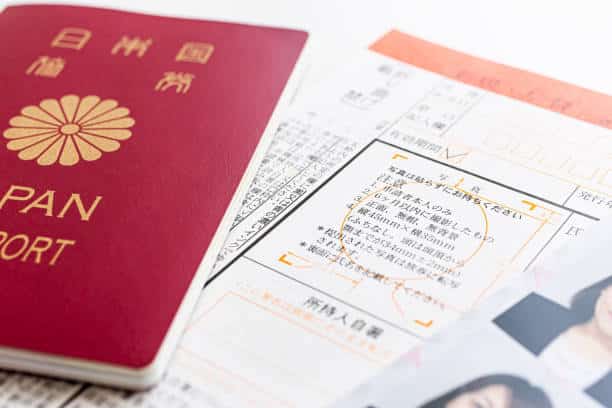A birth certificate is a crucial document that provides official information about a person’s birth, including their name, date of birth, place of birth, and parentage. When you need to translate your birth certificate for various purposes, such as immigration, education, or legal matters, understanding whether an extract or full translation is necessary is essential. In some cases, an extract translation may suffice, and a full translation may not be required. Let’s delve into the scenarios where an extract translation of your birth certificate, certified by NAATI (National Accreditation Authority for Translators and Interpreters), may be sufficient.
Extract Translation of Birth Certificate
An extract translation of a birth certificate provides a summary of the essential information contained in the original document. This includes crucial details such as:
Name
Date of birth
Place of birth
Parents’ names
Registration number
When is an Extract Translation Sufficient?
1. Visa Applications
Many countries require a translated birth certificate for visa applications. For certain visa types, such as tourist visas or short-term stays, an extract translation may be all that is necessary. The immigration authorities typically need basic information to verify identity and relationship status.
2. Educational Purposes
When applying for schools, colleges, or universities abroad, an extract translation of the birth certificate is often sufficient. Educational institutions usually require the basic information to establish eligibility for admission.
3. Employment
Some employers may request a translated birth certificate as part of the hiring process. For general employment purposes, especially when the job does not require extensive background checks, an extract translation may meet the employer’s needs.
4. Driver’s Licence
When applying for a driver’s licence in a new country, an extract translation of the birth certificate may be acceptable. The authorities typically need to verify your identity and age.
5. Bank Account Opening:
Translated birth certificates are sometimes required when opening a bank account in a foreign country. For basic account types, an extract translation may suffice to confirm your identity.
When Might a Full Translation Be Necessary?
While an extract translation is often adequate for many purposes, there are situations where a full translation of the birth certificate may be required:
1. Family Law Matters
In cases involving family law matters such as adoption, custody disputes, or inheritance, a full translation of the birth certificate may be necessary. This is to ensure all details, including parentage, are accurately translated.
2. Immigration for Permanent Residency
For immigration applications that require permanent residency or citizenship, authorities may request a full translation of the birth certificate. This is to ensure all information, including any annotations or remarks, is available for review.
3. Legal Proceedings
In legal matters such as court proceedings or property transactions, a full translation may be necessary to provide comprehensive information for legal purposes.
4. Medical Purposes
When seeking medical treatment in a foreign country, especially for specialized care, a full translation of the birth certificate may be required for accurate medical history documentation.
Benefits of NAATI Certified Translating
Choosing a NAATI Certified Translating service for your birth certificate offers several advantages:
Accuracy: NAATI translators ensure accurate and reliable translations, crucial for official documents like birth certificates.
Acceptance: Documents translated by NAATI Certified Translators are widely recognized and accepted by government departments, educational institutions, employers, and other organizations.
Legal Compliance: NAATI Certified Translations meet the legal standards required for official documents, providing peace of mind when submitting your translated birth certificate.
Conclusion
Deciding whether to opt for an extract or full translation of your birth certificate depends on the purpose of the translation and the requirements of the requesting organization or authority. In many cases, an extract translation is sufficient for visa applications, educational purposes, employment, driver’s licence applications, and basic bank account openings. However, for family law matters, immigration for permanent residency, legal proceedings, or medical purposes, a full translation may be necessary.
By understanding these distinctions, individuals can make informed decisions when seeking a NAATI Certified Translating service for their birth certificates. Whether an extract or full translation, the goal is to ensure accurate and accepted documentation for various official and personal purposes.
For more translations information and translating your birth certificate by NAATI Certified translators, please visit https://immitranslatingservice.com.au/




